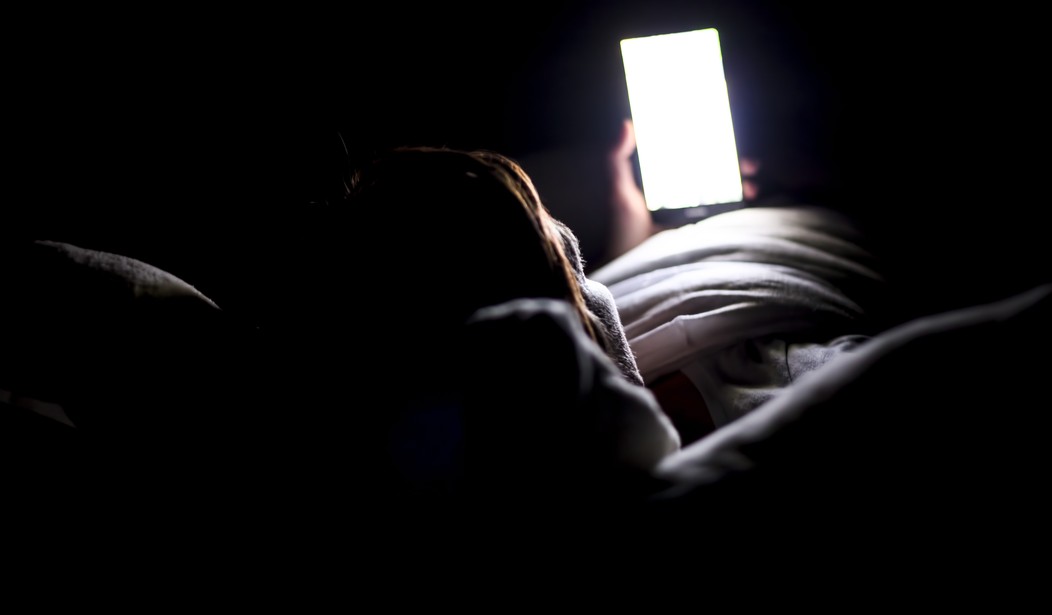Many of us have embarrassing firsthand knowledge of the perils of drunk-texting. Something that is potentially as cringe-worthy has now been identified as being a real problem: sleep-texting.
People are texting exes and buying stuff in their sleep https://t.co/TFGmHAccwo pic.twitter.com/evCDwmChTA
— New York Post (@nypost) December 26, 2018
Andrew Watson, 26, was so good at coordinating international business deals that he did it in his sleep.
“I’d fall asleep with my work phone next to my head, [then send emails] and have no memory of doing it,” Watson, who worked for a cloud computing company, tells The Post. “It was really bad” — so bad that the San Francisco resident once woke up to discover he had signed off on a million-dollar deal.
According to a new report out of Villanova University, sleep-texting is a growing issue among young men and women. Scientists surveyed 372 students and found that nearly a quarter of them reported texting in their sleep — and 72 percent of those sleep-texters didn’t remember their midnight missives in the light of day.
Watson was lucky, as nothing bad happened as a result of his unconscious penchant for deal-making. Others act on less -productive impulses when they are reaching for their phones after nodding off:
Another sleep-texter, Zach Edminster, 31, will act on his emotions in his sleep. “If I’m angry at someone, and then I have a dream with them in it, I’ll, like, angry text them,” he says.
While his memory of these messages are hazy, the West Village resident, a nursing student who works as a moving-company dispatcher, says they involved “asking weird questions of my ex.”
One survey participant began sleep-shopping as well, purchasing a collectible coin and some stocks.
As one who has never slept well enough to experience much on the other side of consciousness, this is all rather fascinating. I’m impressed enough by anyone who can sleep soundly, now I find out about people working and playing after they doze off. Apparently there is a lot of it going on:
Although it’s just entering the medical conversation, Dr. Allen Towfigh, medical director at New York Neurology & Sleep Medicine and assistant attending neurologist at NewYork-Presbyterian Hospital, suspects that it’s been going on for some time now.
“Patients do all sorts of weird things in the middle of the night,” he says, referring to the broad category of sleep disorders known as parasomnias, which include behaviors such as sleepwalking and sleep-talking. Parasomnias are also relatively common: As many as 70 percent of people will experience such an episode during the course of their lifetimes, he says.
According to Towfigh, sleep-texting likely happens during slow-wave sleep, which generally occurs early in the night during a non-REM part of the sleep cycle. At this stage, sleepers experience a low level of consciousness that allows them to do things like walk or text. “Staying up after taking medication increases your risk of engaging in the behavior,” Towfigh says. Drinking alcohol can also make parasomnia more likely.
The obvious solution is to simply not sleep too close to one’s phone. Or wear socks on your hands, as one desperate survey participant did.
I might compromise and just go with a sock on my phone.










Join the conversation as a VIP Member